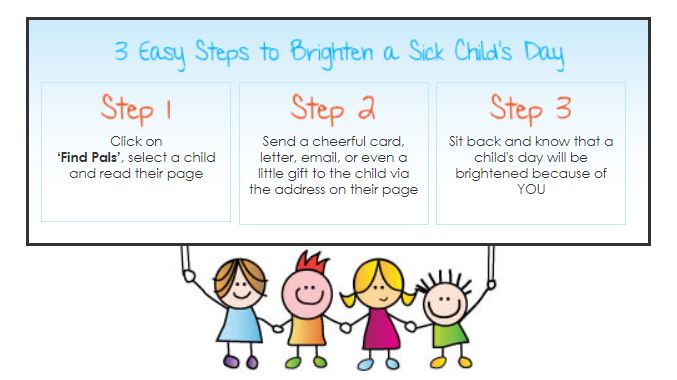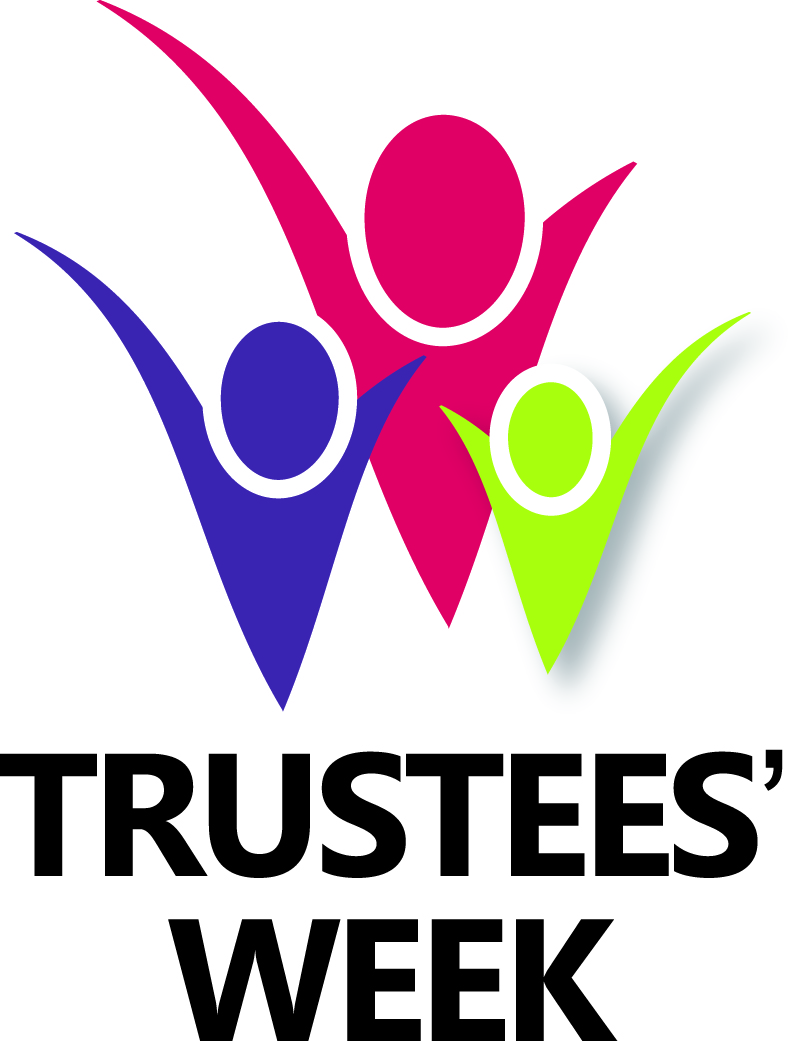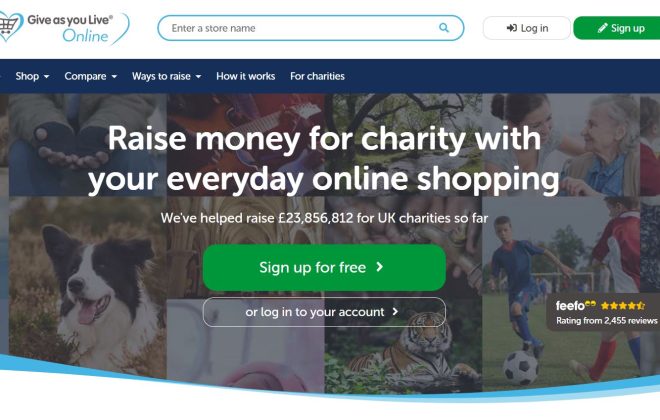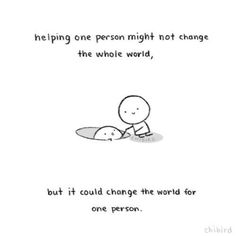Micro-volunteering Day
Over the last few years, to coincide with Micro-volunteering Day, I have written posts highlighting some of the opportunities that exist for those of us who find that time, health, mobility or simply desire, are barriers to more traditional volunteering.
This year’s post feels even more pertinent. We’re living through a global pandemic during which non-profit organisations need more help than ever before to meet the needs of the most vulnerable and isolated members of society. Meanwhile, many of us have more free time on our hands and, for our mental health, feeling of purpose and sense of community, are looking for meaningful activities to engage in.
‘Meaningful activities’
This is a point worth pausing on. In the past micro-volunteering has occasionally been lumped together with online volunteering, or even ‘slacktivisim’, and perhaps not taken as seriously as more traditional in-person on hands-on support. Yes, micro-volunteering is often about taking part in quick, simple tasks that can be done remotely, or without the need for a longer-term commitment, but that doesn’t mean those activities are any less valuable.
Furthermore, micro-volunteering opportunities can be universal as many of the barriers of in-person/hands-on volunteering are removed:
- You don’t need to be in excellent health or physically fit to contribute
- You may find it easier to participate in micro-volunteering than traditional volunteering if you have a disability
- The range of opportunities means you can make the most of your existing skills or try something completely new
- The cost to the volunteer is reduced (often to zero)
- Even the most time-pressed amongst us can find a task that fits into our routine
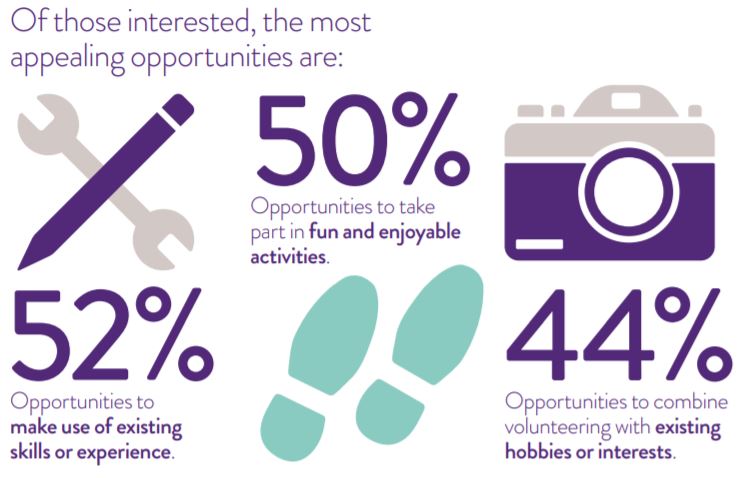
Managing relationships
Research has shown that that volunteering online or ‘virtual volunteering’ can provide new opportunities and offer existing volunteers an additional way to support a cause they are already involved with. I would argue this is the same for all types of micro-volunteering.
In effect, non-profits who enable volunteers to get involved in a meaningful way, which meets their own needs as well as that of the organisation, are offering the chance to ‘try before you buy’. Creating a volunteer journey that begins with an easy or one-off activity could lead to a lasting relationship.
Managing relationships with volunteers can be complex; more so with those who give their time remotely, infrequently or disparately. The results of the NCVO’s Time Well Spent survey indicated ‘people are more attracted to opportunities where they can dip in and out of activities (53%) or one-off activities and events (49%) than giving time on a regular basis (30%)’. Micro-volunteering remains popular and could attract greater interest in the current climate so organisations may need to adapt their approach or work harder at involving micro-volunteers (if indeed they want that).
Many of the tools we are embracing during this period of remote working – WhatsApp, Zoom, Skype and Houseparty – can help volunteers feel connected. Making sure remote volunteers have access to the same information, tools and resources as their hands-on counterparts could be done via Microsoft Teams or Workplace for Good. Sharing stories of impact is also crucial; everyone wants to know that what they are doing is making a difference. There is a wealth of advice on volunteer management on the NCVO’s Knowhow site.
Opportunities that have caught my eye
Before I dive into some of the volunteering activities I have found, I want to first mention the Covid-19 Mutual Aid page on Facebook. I’m sure we have all said it in recent weeks, but we are living in unprecedented times. Across the UK and around the corner there are people who need help to get through this pandemic. The page lists groups you can join in your area who need volunteers to help with communication and administration as well as doing food collections and deliveries.
On with the run-down…
Super simple
Sign up to Give As You Live and raise a donation for your favourite charity every time you shop, at no cost to you. Thousands of retailers participate so anything from your weekly shop to your summer holiday can raise money.
Save your stamps. RNIB can use them to help fund their vital work with people with sight loss.
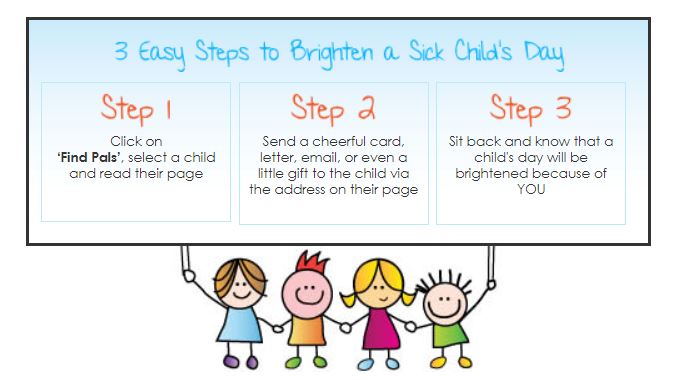
Creative and crafty
Brighten someone’s day by putting pen to paper… Post Pals need volunteers to send cards, letters, emails or even little gifts to seriously ill children and their siblings in the UK.
Alternatively, via From Me To You you can write to people who are living with cancer, to offer comfort and help them to feel less alone.
Members of Loving Hands make everything from premature baby clothes to bags for baby puffins. The items are then distributed via charities such as the RSPCA, The Salvation Army and SANDS. While Loving Hands is asking you not to send donations until the Coronavirus crisis has passed, it doesn’t stop you from getting your knitting needles clacking and getting ahead.
Pick up the phone
A conversation can make all the difference to someone who is isolated. Beacon Centre for the Blind, based in the West Midlands, is one organisation seeking telephone befrienders, which can be done from home. Most of their beneficiaries are over 70 years, have sight loss and other conditions, and are feeling desperately lonely. Get in touch at supportus@beaconvision.org
The Covid-19 outbreak has prompted the Octavia Foundation to move its befriending service to telephone befriending. They too support older, isolated people to feel more connected.
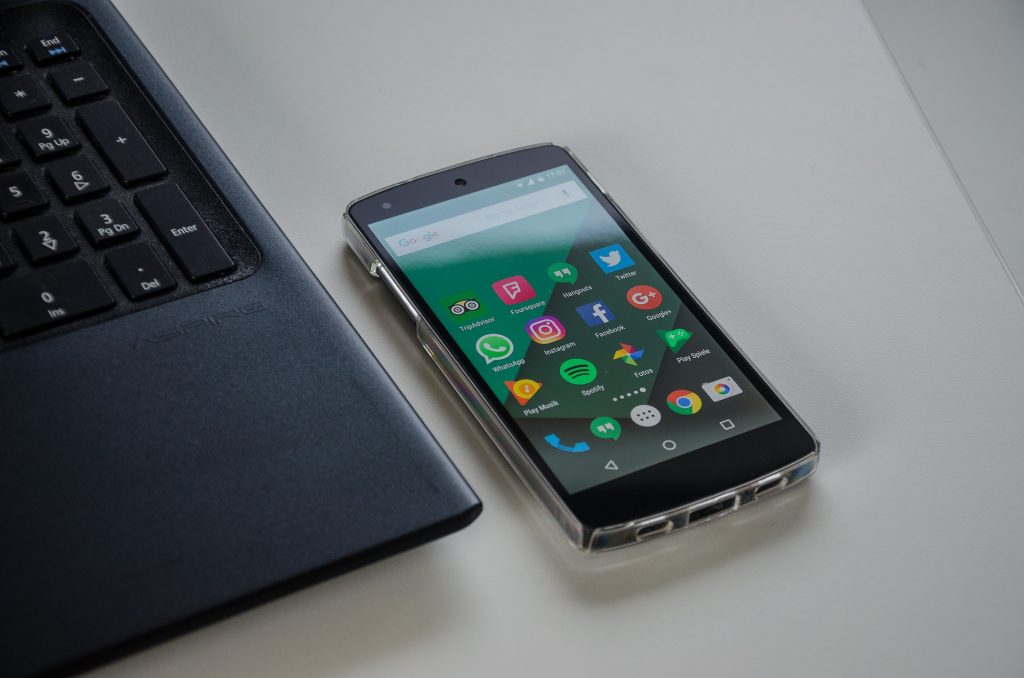
Tech-based roles
Carers UK has a small but growing pool of social media volunteers who help to amplify important messages from the organisation. Most of their active volunteer community has been completely halted by Coronavirus so this role is crucial in sharing helpful and accurate information that benefits people at a time they need it most.
How are your transcription skills? Dementia Diaries is a UK-wide project that brings together people’s diverse experiences of living with dementia as a series of audio diaries. Help transcribe diaries by visiting their website and choosing the ‘Audio Diaries that need Transcribing’ tab.
The Be My Eyes app sounds quite remarkable. It connects sighted volunteers with people who have visual impairments or are blind via a live video call to help them solve day to day tasks and live more independently. As a volunteer, you could be asked to read instructions, help someone find their way around a new place or even check expiry dates on food.
Missing Maps is an open, online and collaborative project which works with volunteers to map disaster areas where humanitarian organisations are trying to meet the needs of vulnerable people.
The natural world
If you’re currently able to get out for a daily walk, consider doing a #2MinuteLitterPick or a #2MinuteBeachClean. Carefully collect any rubbish you spot and deposit it in a bin, or take it home and sort it into your recycling bins.
E-bird enables you to upload your bird sightings, photos and audio recordings and make them available to educators, scientists and birders across the world. Make a difference while doing something you already enjoy.
(Thanks to those of you who mentioned Rainfall Rescue to me. The project to digitise the records of four million measurements from weather stations in every part of the UK received some recent media coverage and it looks as though they have been inundated with support. Brilliant!)
Language skills
If you speak two or more languages Translators without Borders would like to hear from you. The current crisis means alongside their usual work they need people to help translate Coronavirus information into several different languages.
And finally…
do-it.org has more than 800 ‘do-it from home’ volunteering opportunities. It’s a great place to look if you’re keen to use some of your spare time for good.
If this post prompts you to offer your skills and time to an organisation who needs it, do let me know. Best of luck, thank you and #StaySafeStayHome
Tags In
Categories
- Content Creation (3)
- Events (6)
- Freelance Life (5)
- Guest Post (1)
- Media Relations (2)
- Social Media (11)
- Storytelling (8)
- Tips & tricks (9)
- Volunteering (5)

